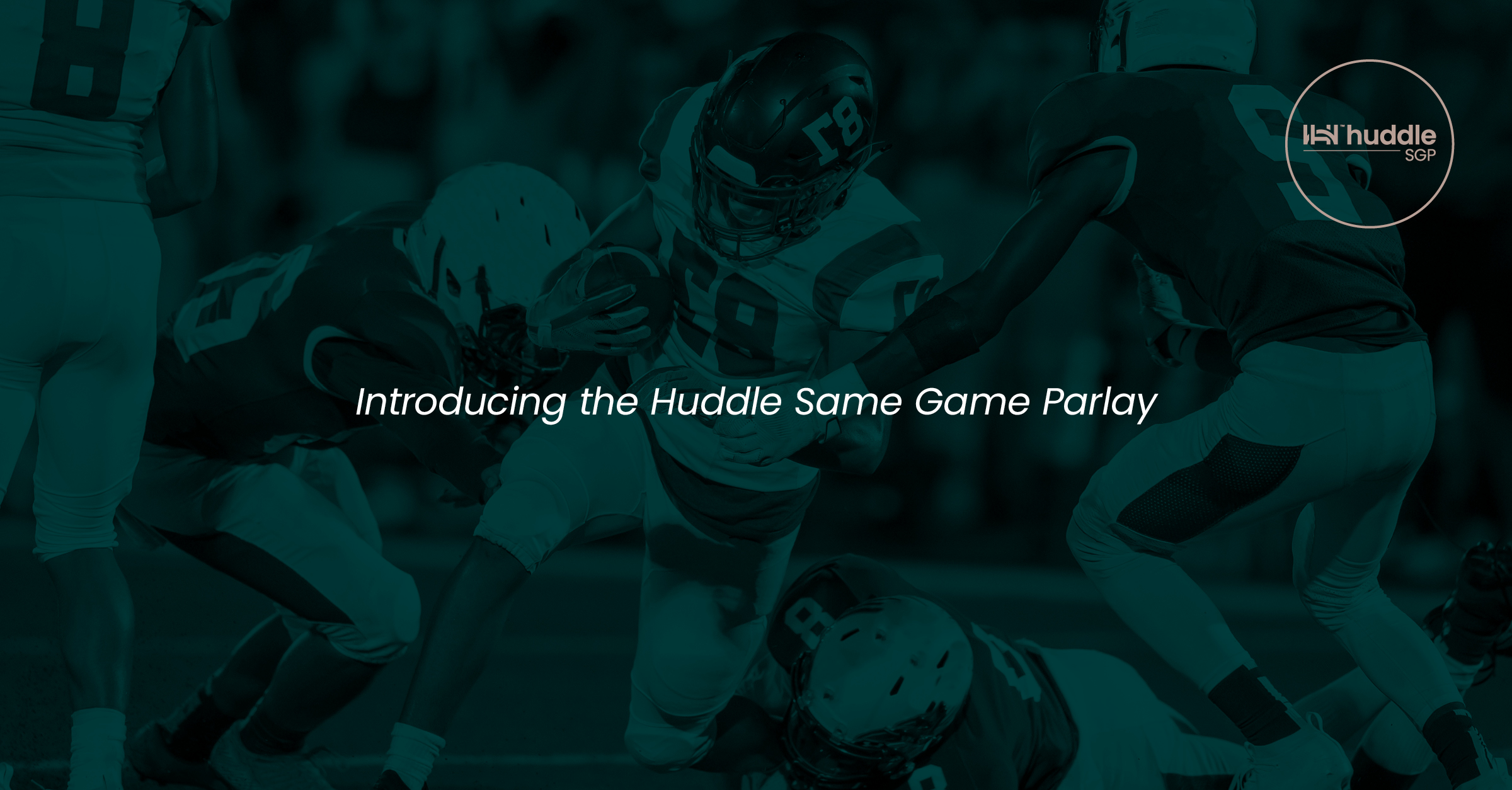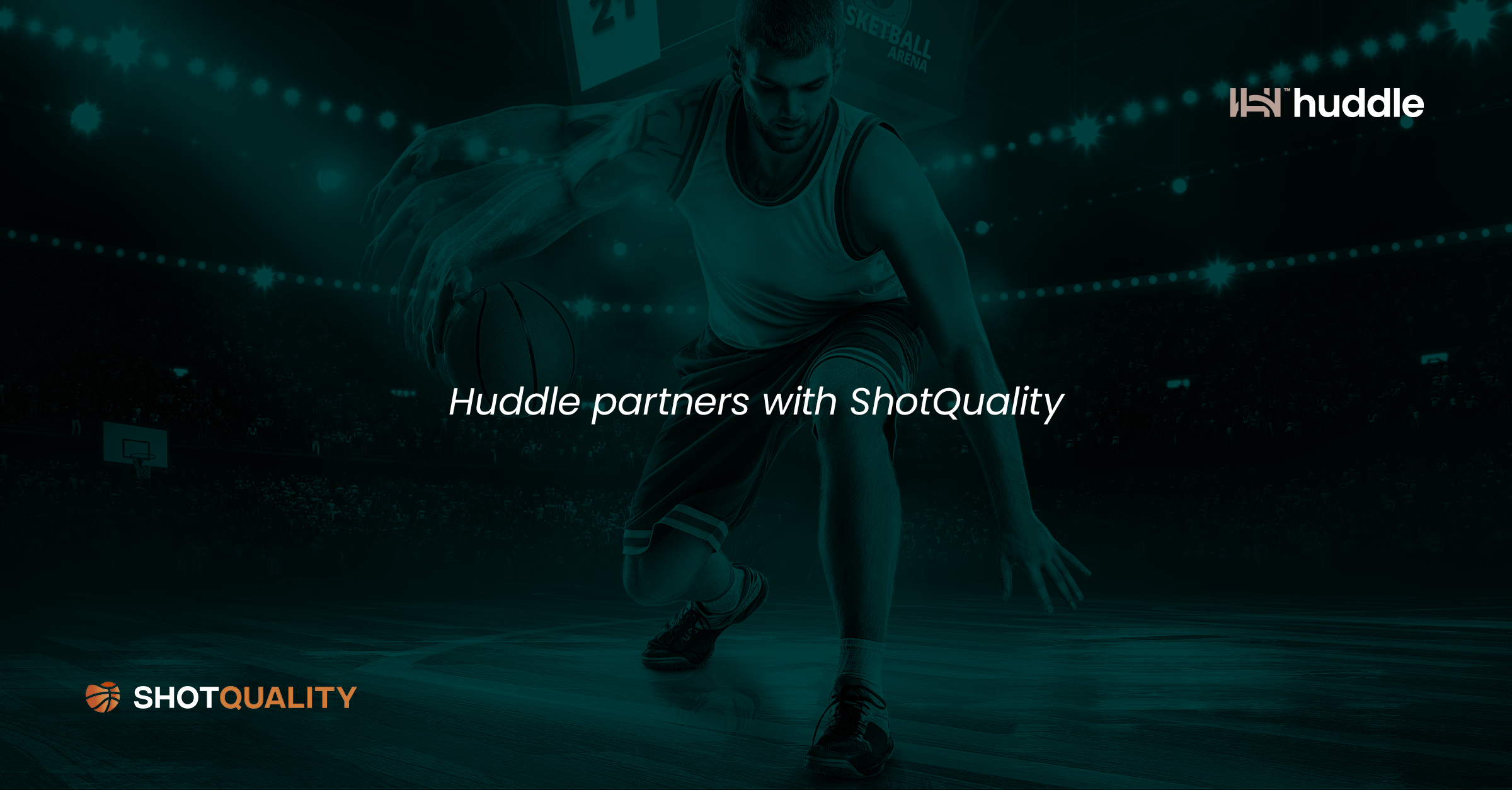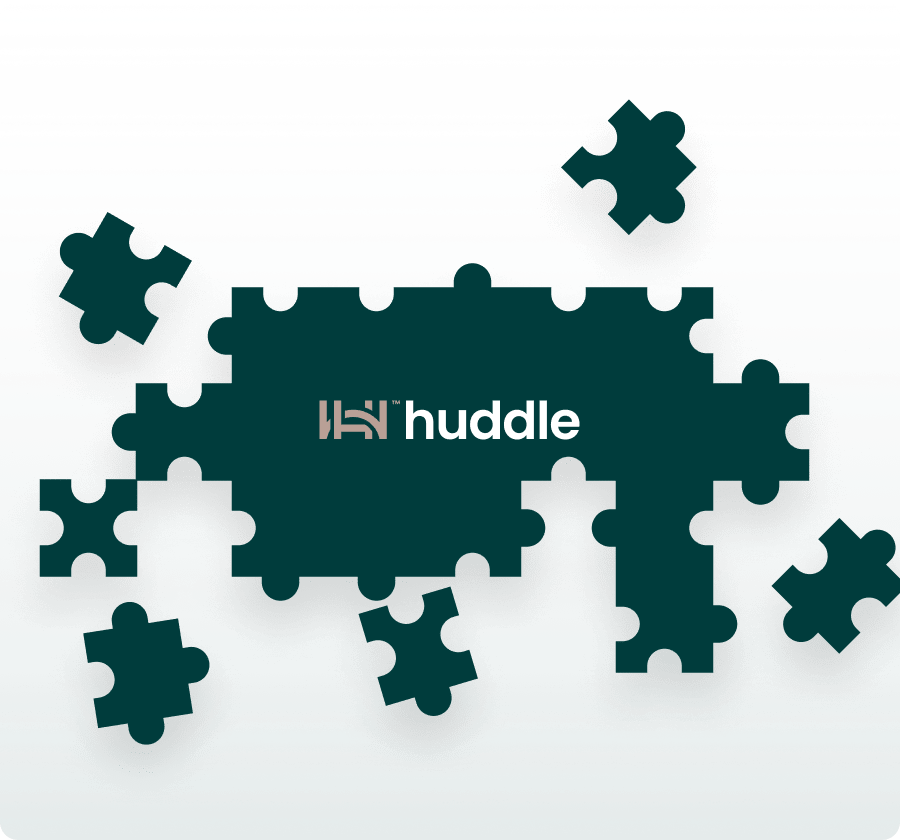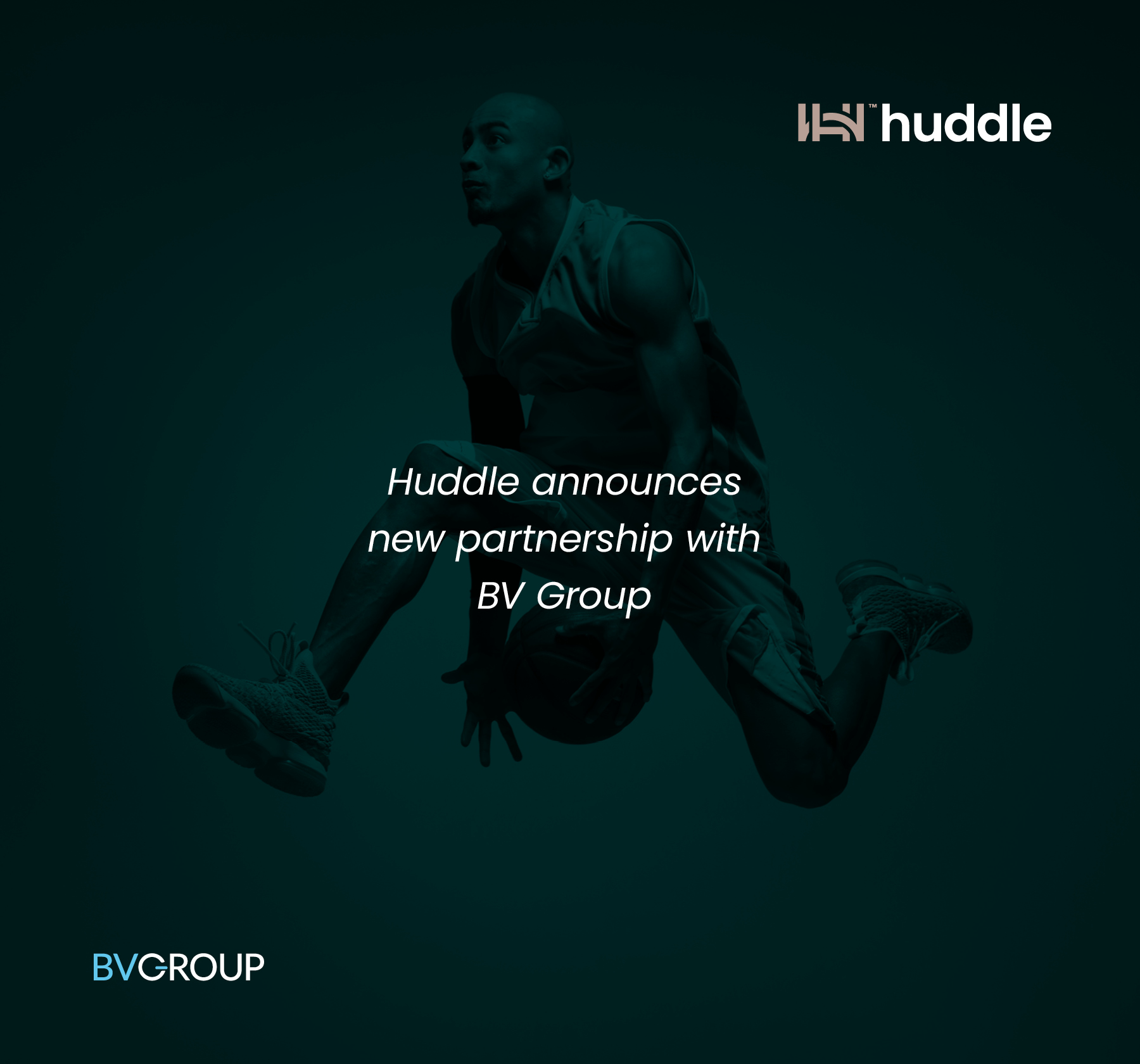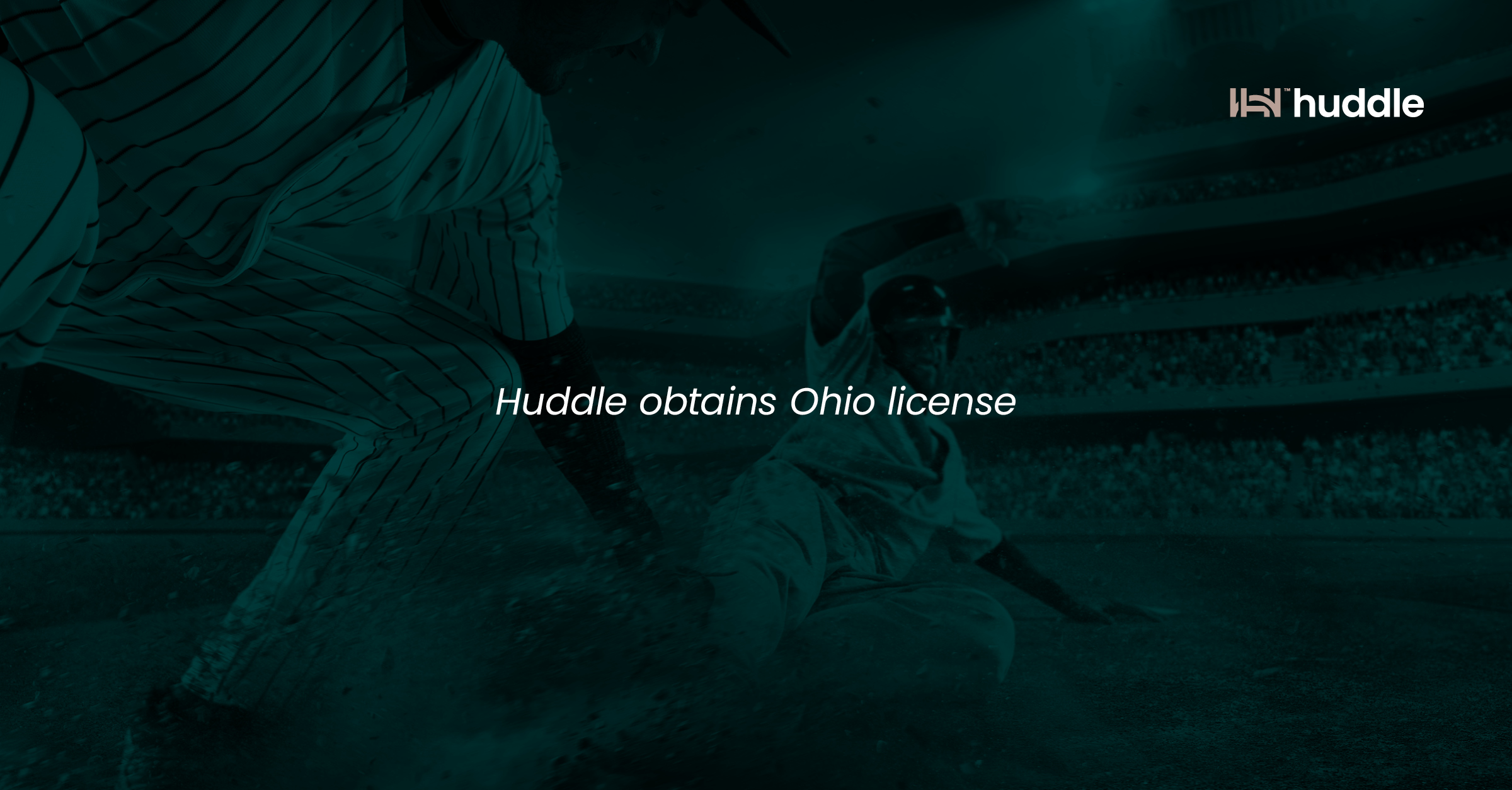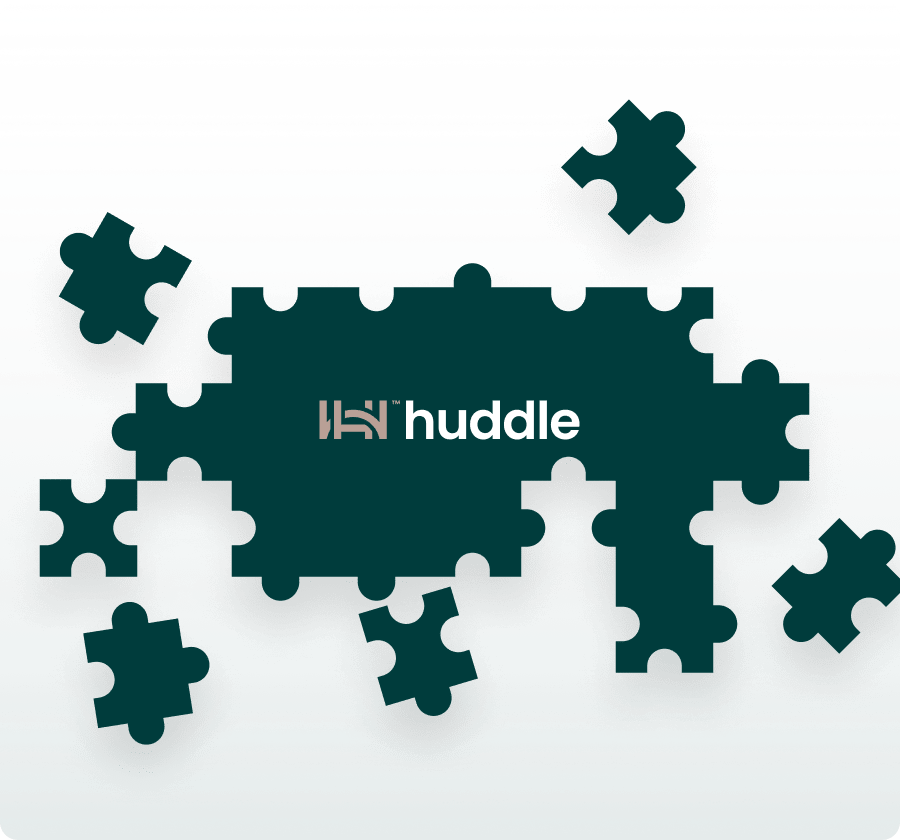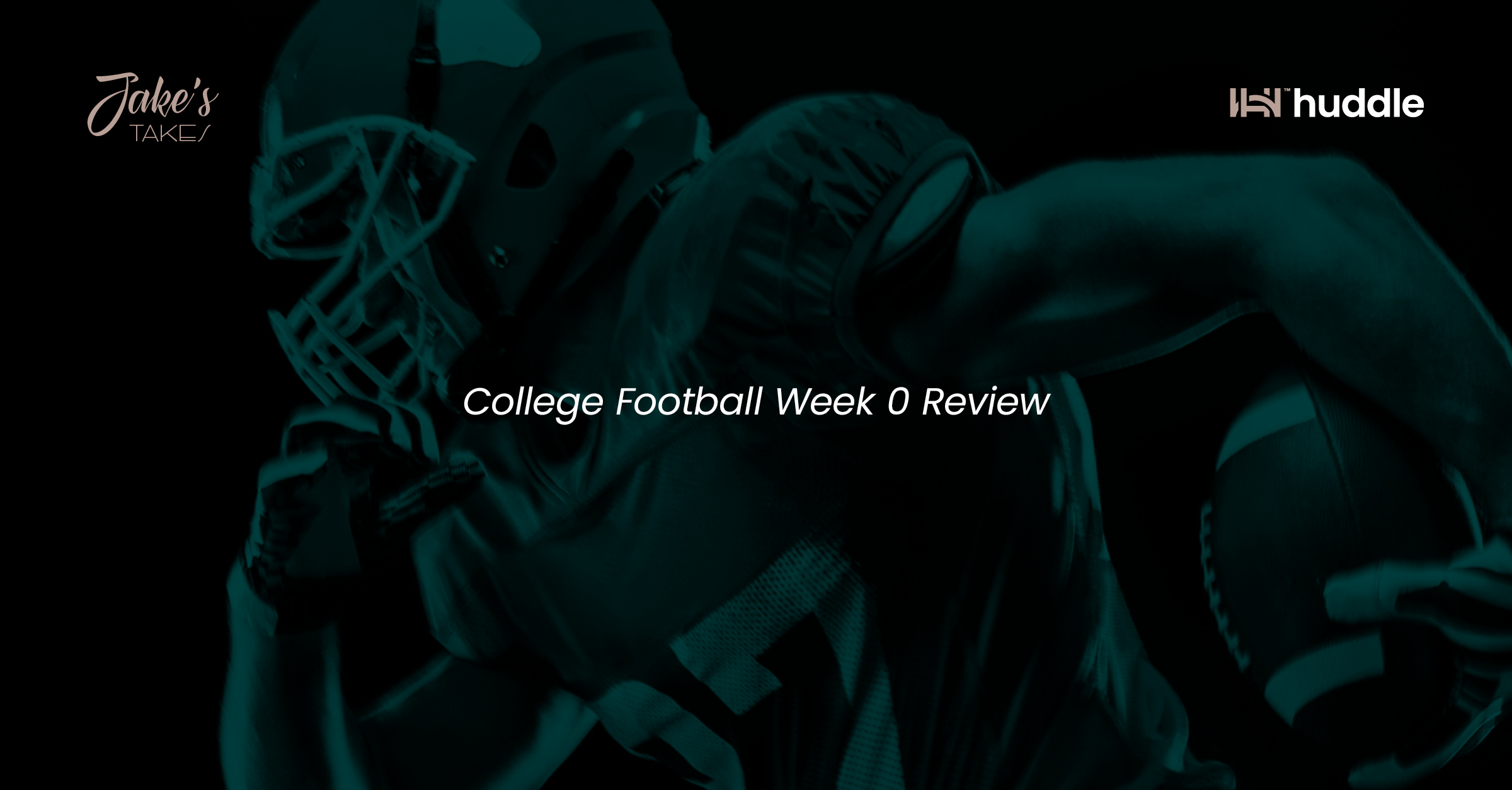
Meet The Team: Q&A Session with the Huddle CBDO Leo Gaspar
Blog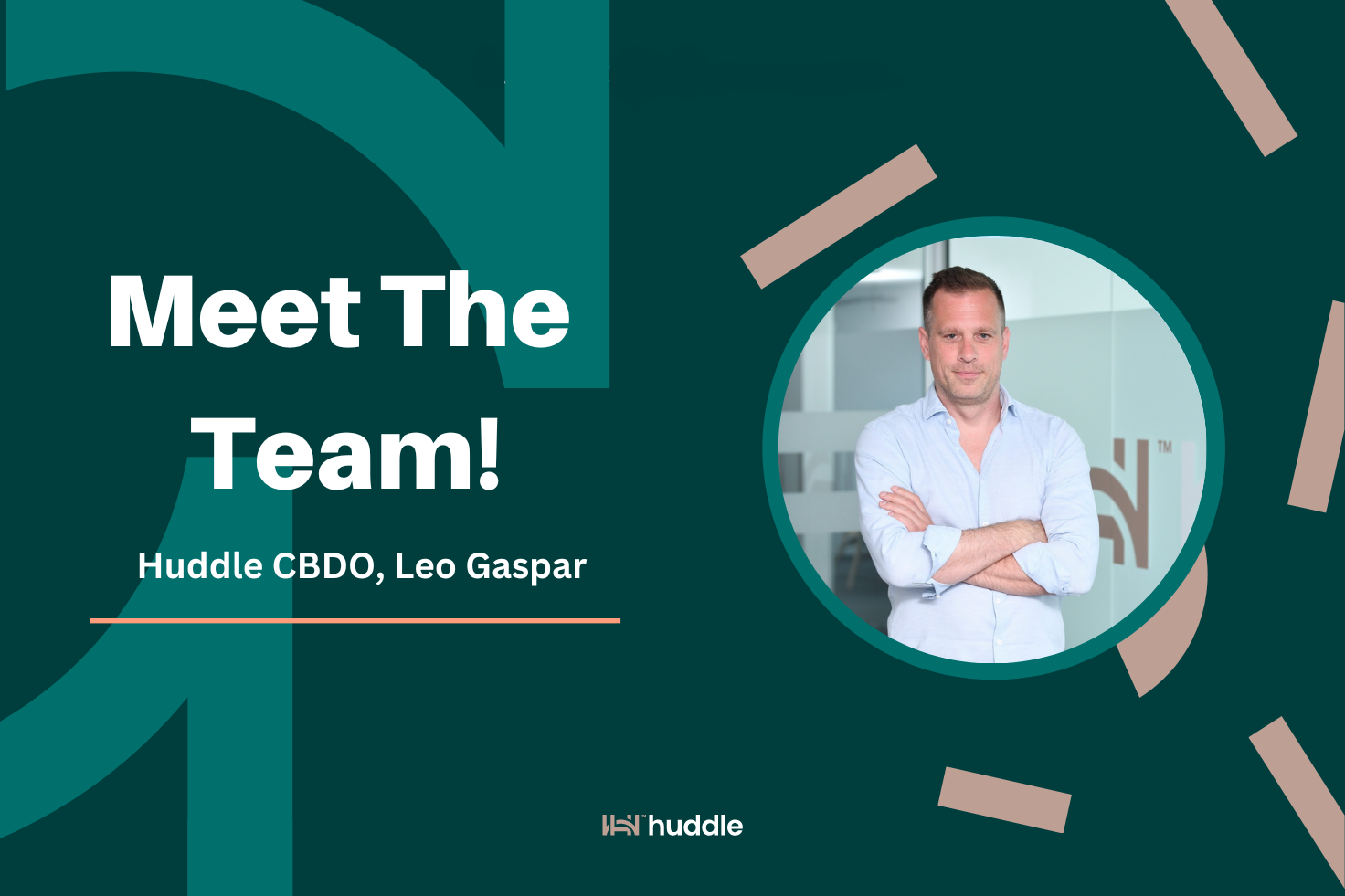
Meet The Team: Q&A Session with the Huddle CBDO Leo Gaspar
This new exciting series embark on a journey behind the scenes of Huddle. Each week we will sit down with one of our team members and gain insights into their role, experiences, and perspectives.
In this edition, we sat down with Leo Gaspar, Chief Business Development Officer (CBDO) and co-founder at Huddle. Leo plays a pivotal role in steering the company's growth and fostering strategic partnerships.
You have been in the sports betting industry for over 20 years. Can you share some highlights from your entrepreneurial/professional journey that shaped your approach to founding and leading Huddle?
Leo: My journey in the industry started while I was still at the University. Sports betting got legalized in Croatia in 2000, and I joined the first licensed operator in the country. We were a small team of 30 heads, which was great because it meant I was involved in all aspects of running the retail operations. When the digital expansion kicked off, I received a job offer to join Ladbrokes and moved to London at the beginning of 2005. At the time, Ladbrokes was starting its international expansion, but their product was very UK retail-focused. That's when I decided to join the trading team to enhance their sportsbook product.
I thoroughly enjoyed my 12 years at Ladbrokes as I worked across various senior roles, including Trading, Product, and Emerging Markets. I would say that my corporate career helped me gain a good understanding of all the pain points within the industry. As technology was advancing rapidly, I quickly realized that many of these issues could be solved by adopting a completely new approach in how to build products that could support the needs of a modern operator. That's when I knew that if I wanted to make a real change, it would have to be through a startup.
In the process of building the company, how have you personally learned from the other founders, and vice versa, as mutual learning among the founders is often a dynamic process?
Leo: In the process of building the company, I've found that mutual learning among the founders is indeed a dynamic and crucial process. All three out of four founders, including myself, come from the industry, and our skill sets are complementary. What's even more essential is that none of us has a big ego, which has been a significant factor in our collaboration.
I consider myself fortunate to have co-founders with whom I've worked on multiple projects before starting Huddle. Additionally, we share a close personal relationship outside of work, which proves invaluable, especially in the demanding and often hectic startup environment. It's well-known that a significant portion of startup time is spent navigating challenging situations, and having a strong, cohesive team is essential for success.
Contrary to the popular perception that startups are typically initiated by young founders, the reality is different. Most successful startups have founders who are 40 years old and above.
This resonates with our team, and our collective experience brings a wealth of knowledge to the table.
Professionally, building this company has been the hardest thing I've ever done. As outlined in the book "The Hard Thing About Hard Things" by Ben Horowitz, the startup journey is characterized by constant challenges and problem-solving, often requiring a 24/7 commitment. Having a team that shares the workload and is dedicated to solving complex problems has been a key factor in navigating this challenging journey successfully.
We spoke to Huddle CEO, Francesco Borgosano, on his view on gaps within the industry that inspired the development of Huddle. What is your take on that topic, especially in a role of CBDO and a founder at Huddle, where you have a chance to talk to various operators discussing their pain points?
Leo: In my role as the Chief Business Development Officer and a founder at Huddle, I have the opportunity to engage with various operators and gain insights into their pain points within the industry. The growth of the industry is remarkable, driven not only by the opening up of regulated markets like the US but also by the changing consumption patterns of sports and its products, particularly among younger demographics.
The main challenge lies in the fact that existing solutions were primarily built to mirror retail operations. To effectively address the rapid growth and changing demographics, we need to rethink how we build products. Two key issues that need attention are the high cost per acquisition (CPA) and low lifetime value (LTV), along with high operational expenses (OPEX), among others.
At Huddle, we believe that a significant portion of these challenges can be overcome by establishing an infrastructure where data doesn't exist in isolated silos. Therefore, we are focused on building a data platform that optimizes the flow of data between different business functions. By doing so, we aim to create a more streamlined and efficient approach to addressing the industry's evolving needs, ultimately offering solutions that align with the current trends and challenges in the sports betting ecosystem.
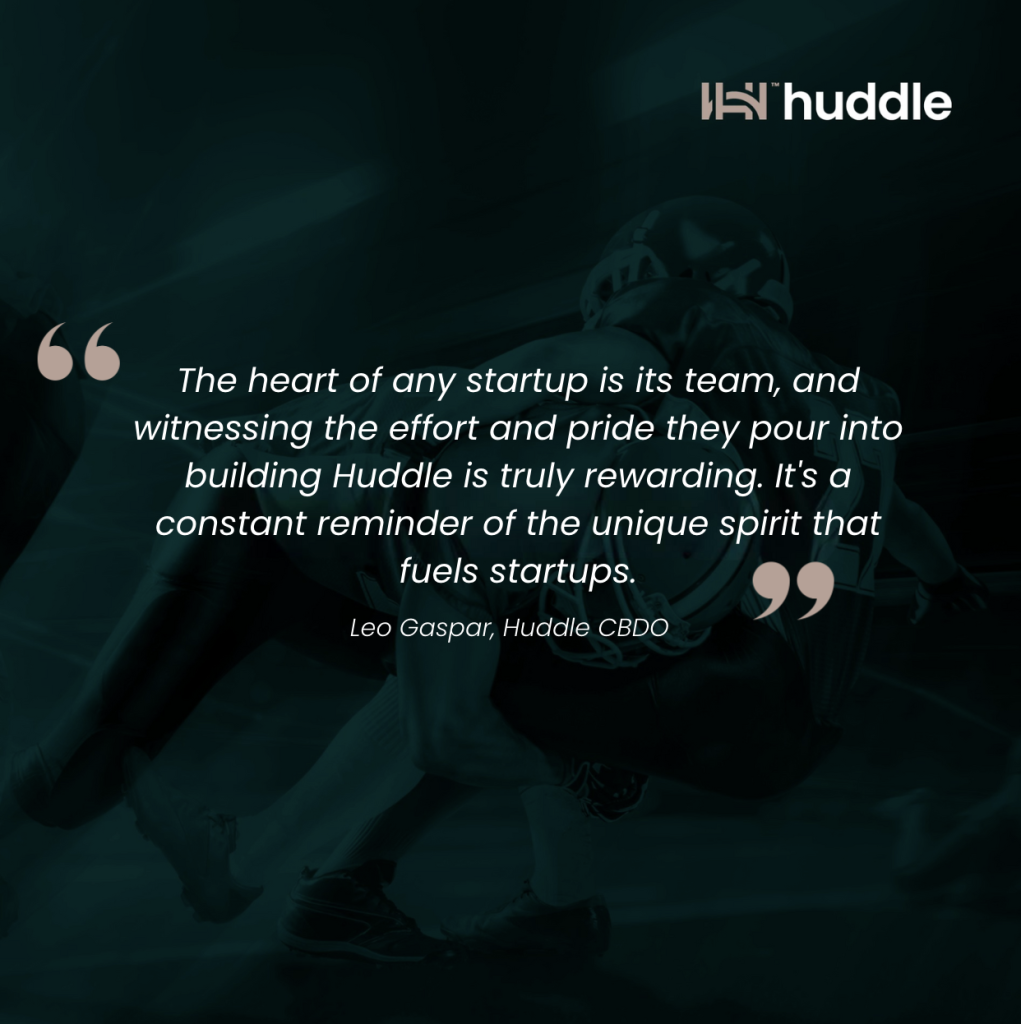
Huddle had a few product launches last year. Can you share some insights on how these products differentiate from competitors?
Leo: Our goal for 2023 has been to achieve sports book product parity of tier 1 operator in the US and to offer premium US sports betting product with single integration point. We are extremely proud of our SGP (Single Game Parlay) product. Most of the SGP out in the market don’t actually calculate the correlation but rather apply business rules to restricting certain type of combos. In addition to that there are other suboptimal experiences like getting different prices for the same bet, improbable outcomes not offered, because not differentiated from impossible and the list goes on.
Collaboration and partnership are integral to Huddle's overall business strategy. Can you highlight a specific deal or partnership that you consider particularly impactful for Huddle?
Leo: An incredibly impactful collaboration for Huddle has been our partnership with Betr. Our startup's 'Jerry Maguire' approach, focusing on a select group of clients and products, finds a perfect match in Betr's vision. Being a tech-first company, the alignment with Betr is not just about a business deal; it's a shared excitement for what we can achieve together. We firmly believe that working with Betr will contribute significantly to the success and growth of both Huddle and Betr.
Can you share some of the key challenges you faced as the founder in the early stages of Huddle, and how did you overcome them?
Leo: Embarking on the journey of founding Huddle has been an incredible but challenging experience right from the start. We took a leap of faith, leaving stable jobs to invest time and money into our vision. Launching our startup during the first week of the Covid lockdown made fundraising an uphill battle.
The early days weren't the only challenging part; we face obstacles on a daily basis. The silver lining, however, is the advantage of a lean team. Quick decision-making and close collaboration are integral to overcoming hurdles and optimizing our execution.
The heart of any startup is its team, and witnessing the effort and pride they pour into building Huddle is truly rewarding. It's a constant reminder of the unique spirit that fuels startups.
Discipline and perseverance have emerged as the two most crucial traits on this journey. The ability to stay focused and resilient in the face of challenges has been fundamental to our progress. As we continue to navigate the startup landscape, I look forward to sharing our experiences, notes, and lessons learned, hoping that they can inspire and guide other founders on their own paths.
Looking ahead, what excites you the most about the future of your company and the industry it operates in?
Leo: What excites me the most about the future of Huddle and the industry we operate in is the vast untapped potential that lies ahead. While some might label certain markets as mature or saturated, I see them as opportunities waiting to be explored. On the other hand, markets that still need to be regulated: India, for example, where Dream 11 boasts an impressive 90 million users in the daily fantasy sports sector. The potential impact of India regulating sports betting could be groundbreaking for our industry.
Reflecting on the industry's evolution, there's often talk about the duopoly in the US or the perceived maturity of the European market. However, history has shown that these perceptions can shift rapidly. I vividly remember the landscape in 2005 when I moved to London – William Hill and Ladbrokes dominated the market, and then Bet365, a small retail operator from Stoke on Trent, reshaped the industry by embracing technology and digital expansion.
The ongoing transformation in how consumers engage with sports emphasizes the need for constant innovation and significant product investment. This philosophy is at the core of why we started Huddle – to stay ahead in this dynamic and rapidly evolving industry. As regulations unfold in different markets and technology continues to shape user experiences, I'm thrilled about the limitless possibilities that lie ahead for Huddle and the entire industry.
See also Q&A Session with the CEO Francesco Borgosano HERE!

